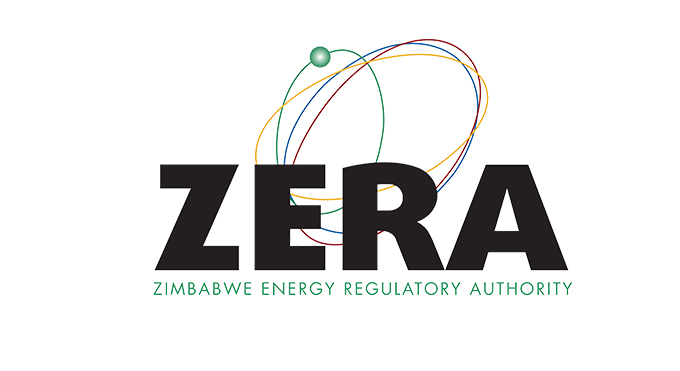THE Zimbabwe Energy Regulatory Authority (ZERA) has developed guidelines for the establishment of containerised rural fuel service stations to improve access to the commodity across the country.
According to ZERA’s half-year 2024 report, the modalities and standards framework will ensure that rural communities are adequately served by containerised fuel retail facilities.
“To facilitate the establishment of fuel retail facilities in rural and remote areas, the Authority worked closely with the Standards Association of Zimbabwe (SAZ) to finalise guidelines for approval of containerized filling stations,” ZERA said.
This is a critical step towards ensuring that every part of the country has access to fuel, which is essential for both economic activities and day-to-day life.
ZERA’s initiative is part of a broader effort to support the growth of the fuel sector, particularly in underserved areas, as well as drive the rural economy.
“Guidelines for approval of containerised filling stations have been approved, which will see the rise of containerised fuel retail facilities in rural and remote areas,” the report added.
These new guidelines have been approved for publication and will be incorporated into the petroleum licensing regulations that are being developed.
Commenting on the potential economic benefits of these developments, Tinevimbo Shava, an economic analyst, highlighted the positive impact this could have on rural economies.
“The establishment of fuel retail facilities in rural areas will undoubtedly stimulate economic growth by improving access to essential services.
“It will also enable farmers and small businesses to operate more efficiently, reducing their dependency on urban centers for fuel,” Mr Shava said.
In addition to the focus on rural fuel access, ZERA is also working on streamlining the licensing process for new fuel retail sites in urban areas.
“ZERA is working with the Ministry of Local Government, Public Works, and National Housing to develop a framework or MOU for regulating the construction of fuel retail sites in local authority areas, especially urban areas,” the report stated.
This framework aims to address public concerns regarding the spacing of fuel retail sites in urban areas, ensuring that they are appropriately spaced and strategically located.
Commenting on the issue, Mr Shava noted that “by improving the regulatory environment and ensuring standards are met across the board, ZERA is creating a more stable and predictable market for fuel retailers.
“This, in turn, will attract investment and support the continued growth of the sector.”
As Zimbabwe continues to grapple with economic challenges, ZERA’s proactive approach to expanding fuel access and regulating the sector could serve as a catalyst for broader economic development.

